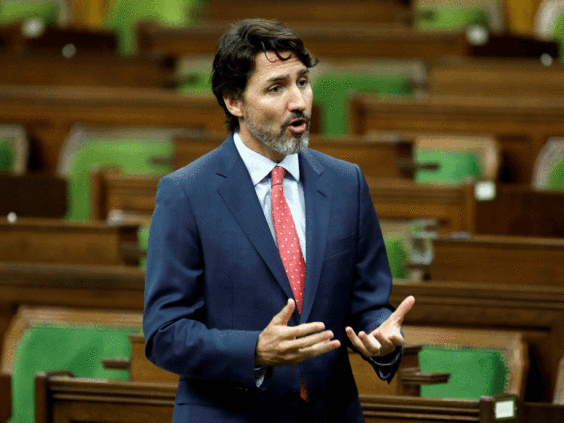Shomporko Desk: Prime Minister Justin Trudeau’s long campaign to see Canada elected to a temporary seat on the UN Security Council finishes Wednesday in New York as ambassadors from part states plan to cast a ballot.
Kept to his own nation for as long as a quarter of a year, Trudeau has talked up in excess of 40 national leaders from Senegal to Spain, from Uganda to Ukraine — in his offer to beat either Ireland or Norway for one of two remaining seats currently up for grabs.
Just yesterday Trudeau talked with the prime ministers of Saint Vincent and the Grenadines, India, Pakistan, Spain, Ethiopia and the leaders of Angola and Mexico. A week ago he talked with the leaders of Saint Kitts and Nevis, Fiji, North Macedonia and the leaders of Rwanda and Panama.
And it’s not only the prime minister who is working the phones. Officials and ministers are calling their foreign counterparts as a part of the final, frantic push for votes.
Should Canada win, it will become one of ten temporary members of the council joining the table for a two-year term. The real power and influence will continue to reside with the council’s five permanent members: the United States, the United Kingdom, France, Russia and China which hold the power to veto resolutions.
Every year the UN General Assembly elects five countries to the Security Council. The votes are conducted by secret ballot and countries have to secure a two-thirds majority to win. If Canada does not secure that majority on the first round it will have to battle it out until a winner emerges.
The process could be tied up swiftly in Thursday’s second round of voting, or it could drag on. In 1979 it took 155 rounds to fill a seat.
Canada has been elected to the Security Council six times since the 1940s but its last bid, in 2010, ended in failure for the first time with Germany and Portugal taking the two seats Canada was aiming for.
Trudeau says securing a seat is not an end in and of itself, but a way for Canada to “continue to be influential” around the world.
“Over the past number of months, whether it’s been on COVID, whether it’s been on the development and financial reform, whether it’s been on climate change, whether it’s been on a range of things from peacekeeping to security to women, we have been moving forward and leading the way,” Trudeau told reporters Tuesday.

“Regardless of what happens in the campaign, we are more engaged and we will continue to be more engaged on the world stage.”
Canada’s success depends in part on what it can bring to the table that Norway and Ireland cannot. As one expert points out, the countries hold similar profiles on the world stage that makes differentiation challenging. “There are lots of fine differences, but to be quite honest, these are three peas in a pod if you will. They’re very similar countries with long histories of supporting the UN,” said Richard Gowan, who oversees the International Crisis Group’s advocacy work at the UN.











